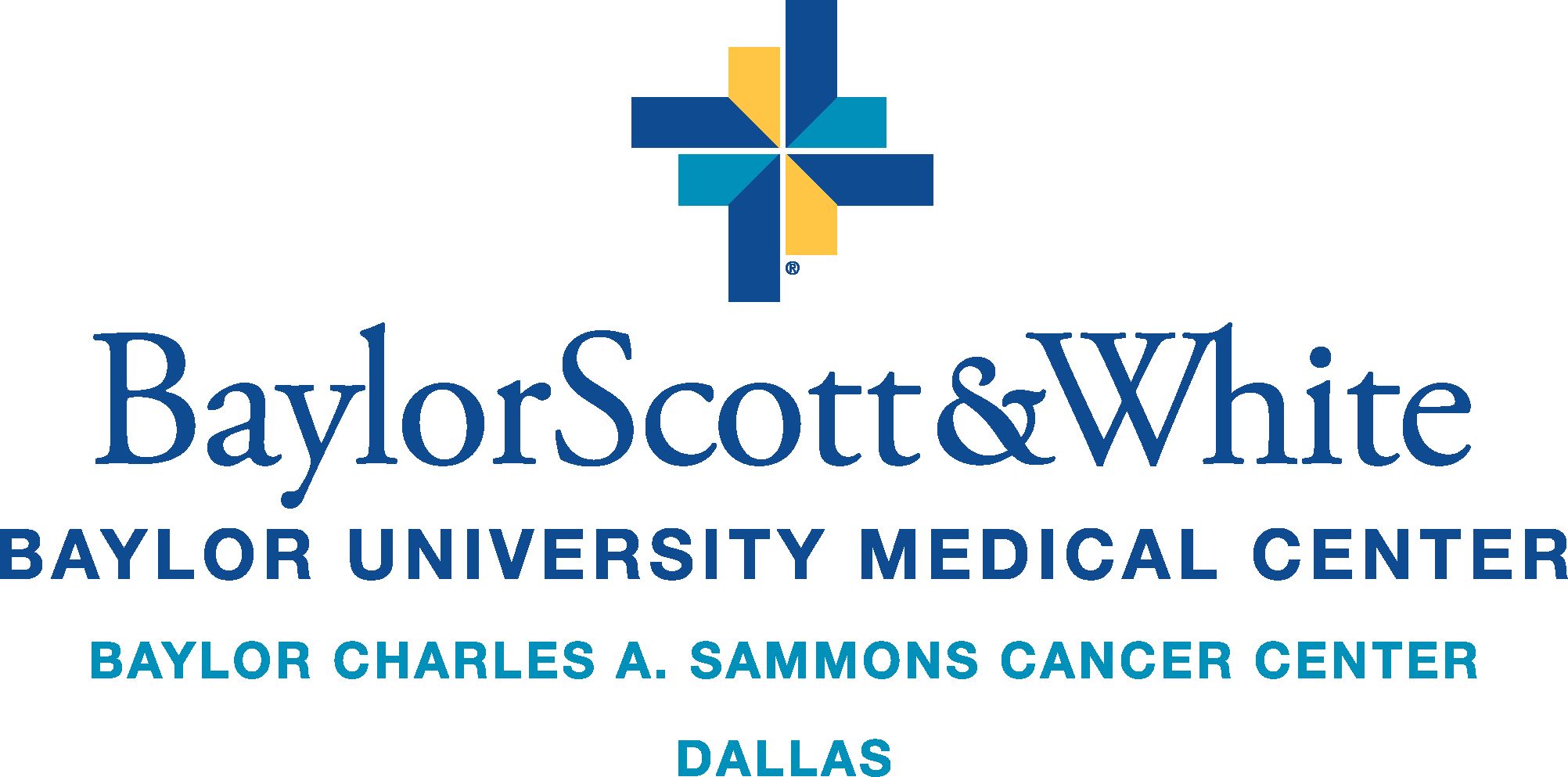
Dr. Kelly Discusses the Treatment of Patients With ALK+ NSCLC

Ronan J. Kelly, MD, MBA, chief of oncology for the ten Baylor Scott and White Health's North Texas Cancer Centers and director of oncology on the campus of Baylor Charles A. Sammons Cancer Center at Baylor University Medical Center, discusses the treatment of patients with ALK-positive non–small cell lung cancer.
Ronan J. Kelly, MD, MBA, chief of oncology for the ten Baylor Scott and White Health's North Texas Cancer Centers and director of oncology on the campus of Baylor Charles A. Sammons Cancer Center at Baylor University Medical Center, discusses the treatment of patients with ALK-positive non—small cell lung cancer.
This is a moving target because there have been several ALK inhibitors approved for many years, Kelly says. Crizotinib (Xalkori) was the standard frontline agent for a while. Now, there are several second-generation ALK inhibitors, such as alectinib (Alecensa), brigatinib (Alunbrig), and ceritinib (Zykadia). A third-generation ALK TKI, lorlatinib (Lorbrena), has also been FDA approved. Kelly adds that many ALK inhibitors like ensartinib and repotrectinib are emerging, and the field is awaiting data for them.
Now, alectinib appears to be the optimal frontline agent, although brigatinib has come into the picture, Kelly says. The question then becomes what to give after frontline therapy. If a patient has an ALK mutation as part of their resistance, lorlatinib seems to be an effective option. Researchers still need to determine what best approach is for patients with other oncogenic resistance mechanisms. Kelly concludes that patients with ALK-positive NSCLC need to undergo next-generation sequencing and need to have repeat biopsies to understand how to sequence therapy.






































